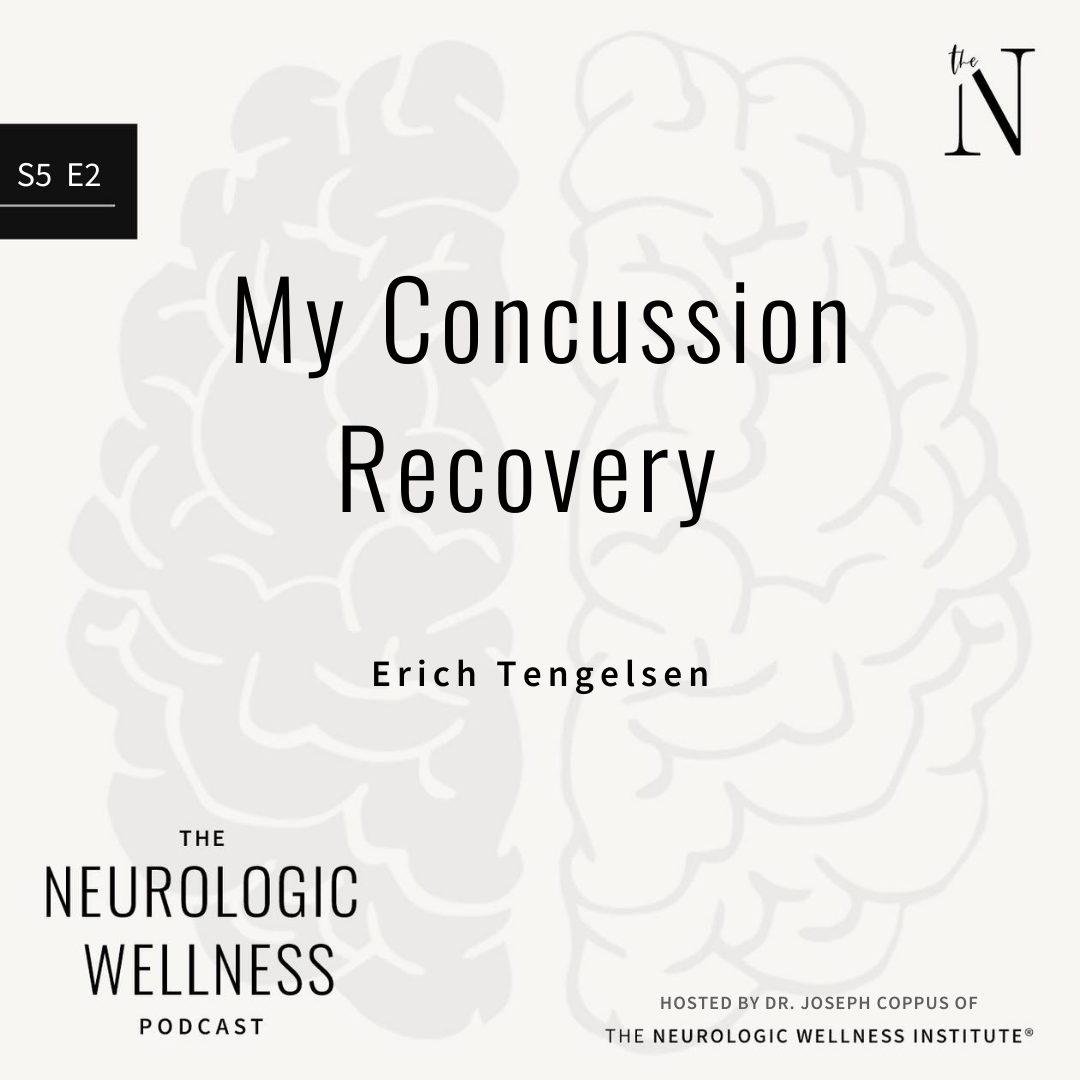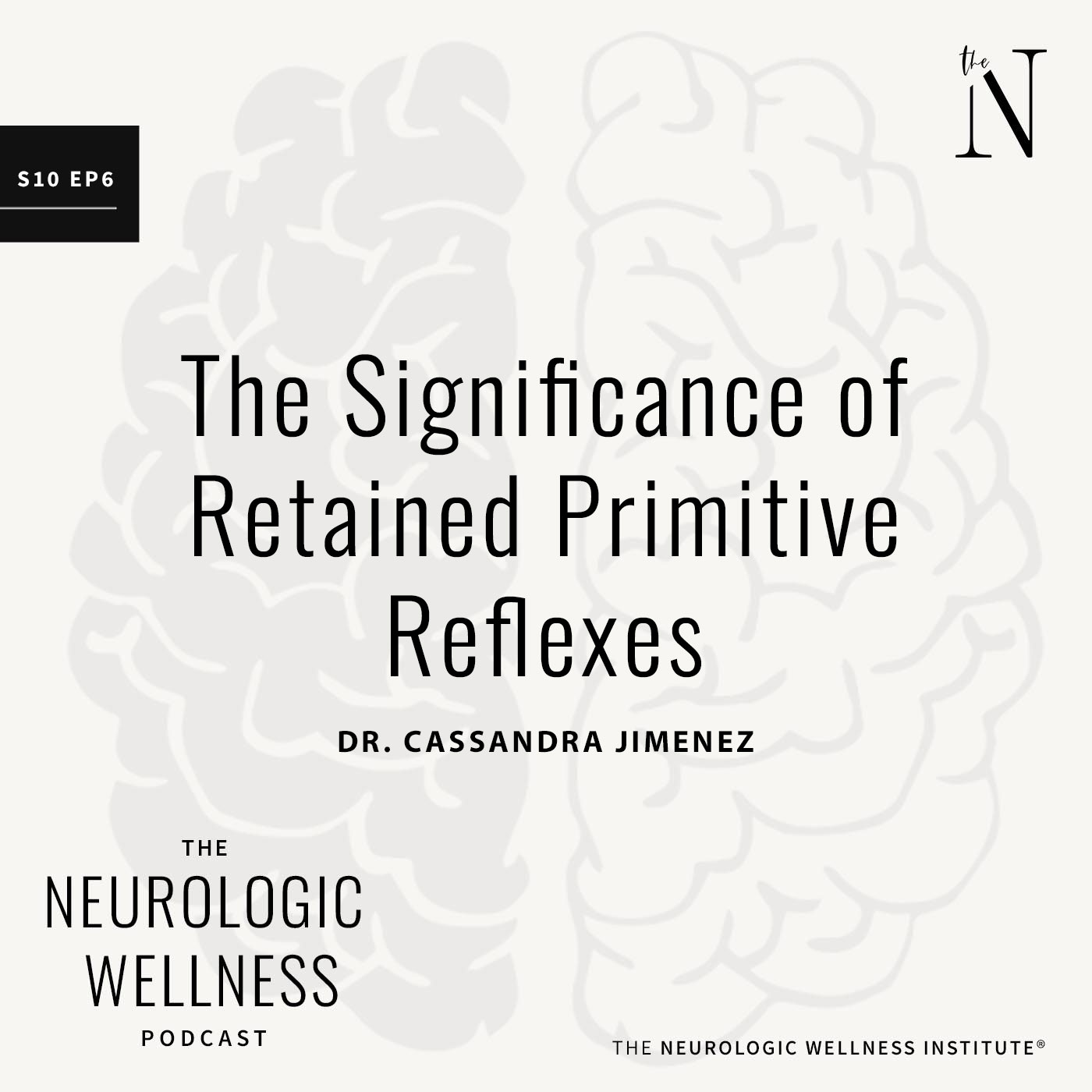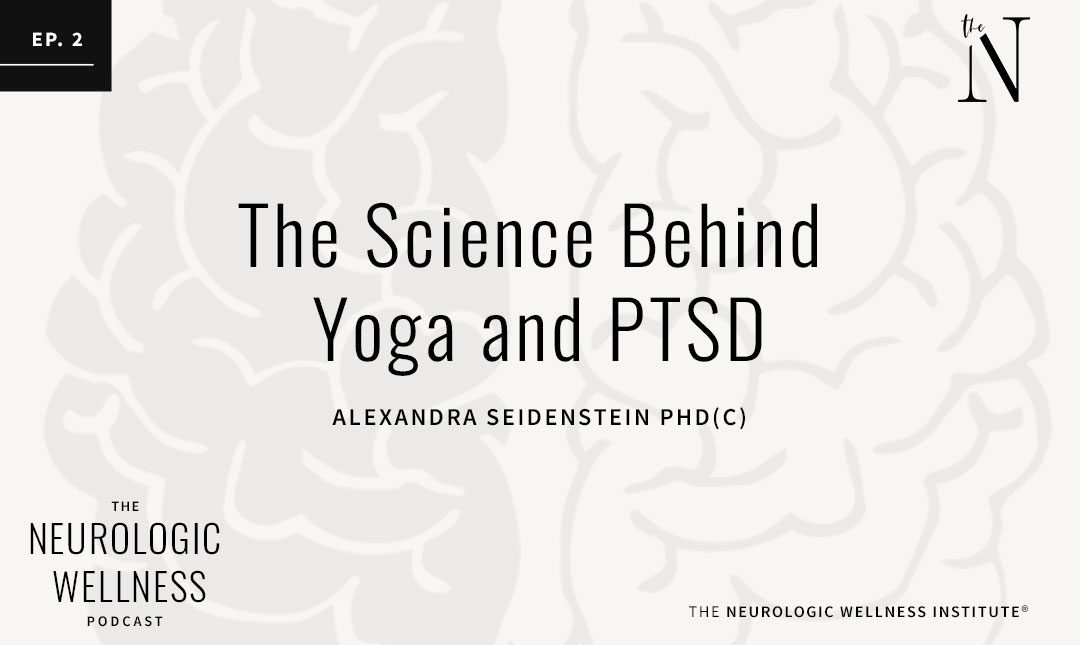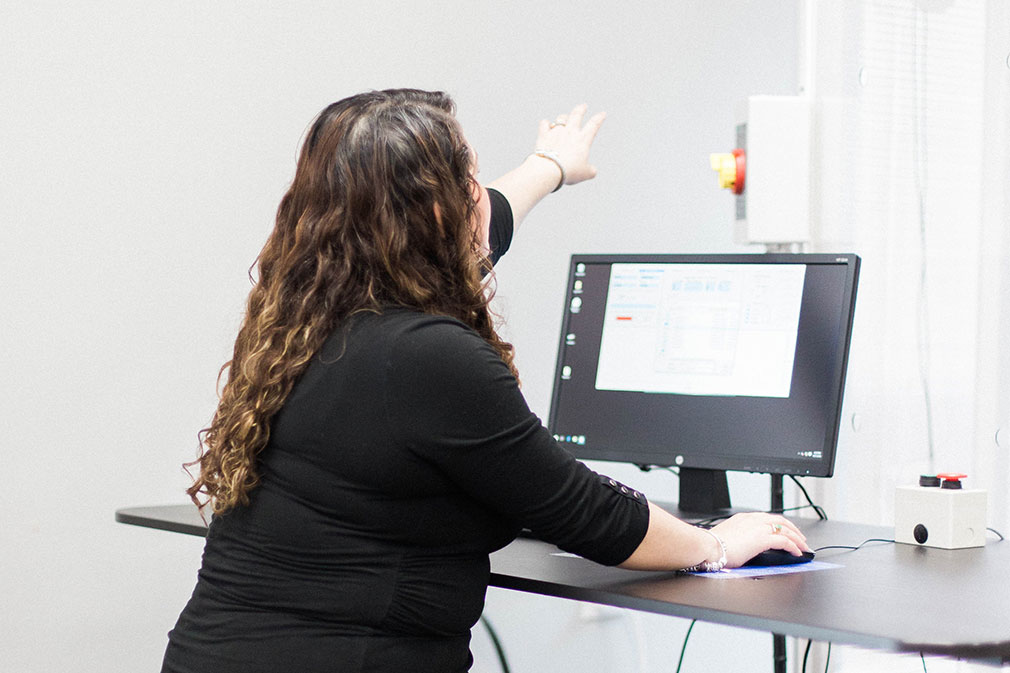Many people exercise to look good on the beach or at the pool. Other people exercise for health reasons such as to improve the function of their heart or reduce fat. How many people are exercising to benefit their brain?
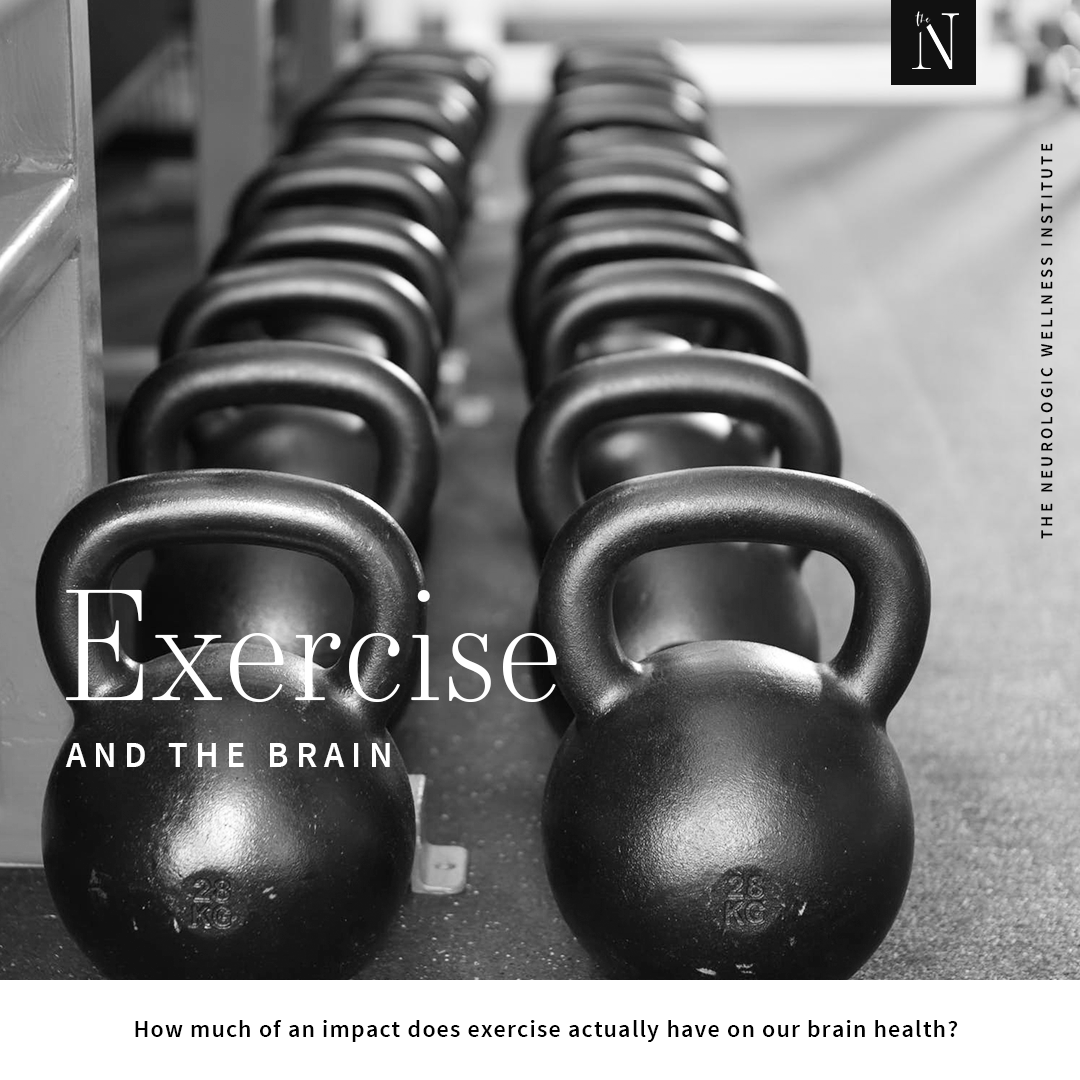
There are many different ways to exercise and science is trying to better understand how each type of exercise may benefit the brain differently. For example, it was shown over 15 years ago that aerobic exercise has been shown to be able to create new brain cells in areas of your brain related to memory. Older adults who exercised three times a week for a year had larger memory areas of their brain and performed better in memory tests. But is there a difference between high-intensity aerobic exercise vs lower-intensity/longer duration aerobic exercise. Does weight lifting, yoga, movement specific drills impact the brain differently?
Lifting weights has been associated with improvement in executive function and associative memory (remember names to faces, recognizing the scent of food, etc). Where aerobic exercise improved verbal memory in people so they were less forgetful of words during conversations. In fact, it has been shown that just a 20-minute walk improved children’s attention, executive function, as well as math and reading capabilities. When aerobic and strength training were combined in an appropriate manner, the brain benefits were better than only performing one type of exercise alone. Interestingly, muscular stretching, balance exercises, and muscle toning exercises are done by themselves produced no documented improvements in cognitive function.
Children who are physically fit have been shown to have larger brain areas such as the hippocampus and basal ganglia which have been related to improved attention, concentration and focus, as well as physical improvements such as balancing and coordination. Even when children who are overweight exercise and do not lose as many pounds as they would like, they still receive the brain benefits from the exercise.
While the whole brain works together in order for us to exercise, there may be ways to use specific exercises to bias improvements in brain function. High-intensity interval training has been shown to help with appetite regulation, cravings, and additions due to its impact on a brain area called the hypothalamus. Longer aerobic exercise has been shown to be beneficial for memory thanks to its impact on the hippocampus. Lifting weights has been shown to impact the front of your brain which improves complex thinking, problem-solving, reasoning, and multitasking. Yoga integrates into a brain area called your insular cortex and amygdala which has been shown to be beneficial to improve fear and anxiety as well as integrating thoughts and emotions. Finally, movement or sport-specific drills have been shown to improve concentration, attention, focus, and visual/spatial processing thanks to its impact on the basal ganglia, the parietal lobe and the cerebellum
In conclusion, there is a major relationship between exercise and brain function. the type of exercise you perform daily can have significant impacts on your cognitive function. By understanding the role of exercise and the brain, our clinicians at The Neurologic Wellness Institute prescribe very specific exercises for our patients relative to their health concerns.
For more information on the type of conditions, our clinicians help with, schedule a consult with one of our patient care coordinators.

